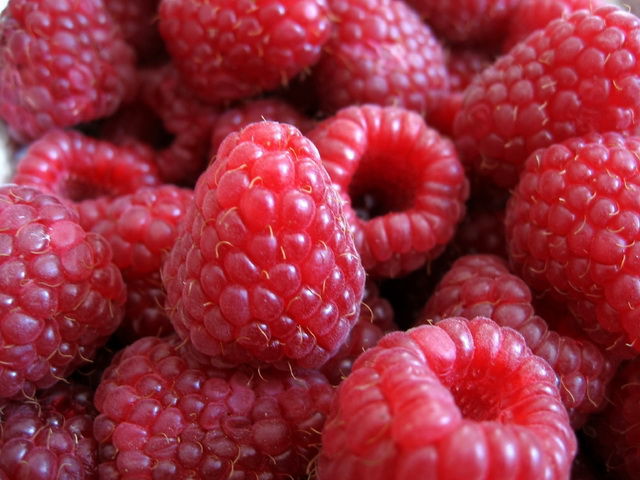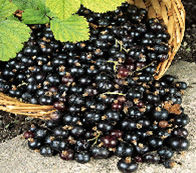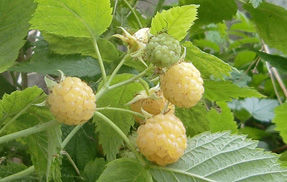About The Farm
The Westerway Raspberry Farm is a business run from the Clark Family's farm, Lanoma Estate.
Raspberries, common throughout the Derwent Valley 40 years ago, were first planted in the old hop fields in Westerway in 1995 with the plan to supply machine harvested processing grade raspberries to Cascade Fruit Syrup. To service this market, Rob Clark planted one acre of the Willamette raspberry variety, a high yielding, soft berry with a naturally high sugar content.
In 1996. when the bushes yielded their first fruit, a 1980s mechanical harvester was used to pick the first of the farms fruit while the first punnets of fresh berries were picked by Richard Clark and sold to A1 Fruit Market in Hobart.
From humble beginnings, the farm now has over 60 acres of fertile land under raspberry production, owns three state-of-the-art mechanical harvesters from the United States, produces over 160 tonnes of raspberries each season and employs over 150 seasonal staff to supply fresh raspberries for the Tasmanian and interstate market.
VARIETIES
The predominant focus of Westerway Raspberry Farm is the production of raspberries and blackcurrants. But The Westerway Raspberry Farm is also now planting small quantities of blackberries, silvanberries, golden raspberries and red currants.
Below is an outline of each of these crops:
Raspberries
Our Willamette raspberry variety is a sweet, juicy, summer berry originally from the north-west of the USA and are typically used for commercial juice and jam processing. It also makes a delicious fresh fruit berry, however has a relatively short shelf life. Raspberries grow in temperate regions requiring ample sun and water for optimal production. Raspberries are a delicate fruit that require continual refrigeration and careful handling. Fresh raspberries should be consumed within 2-3 days of purchasing. | Black Currants
We grow a old and traditional variety of blackcurrants know as "White Bud". Although not a high yielding crop, its high natural sugar content and the tartness which comes from its high acidity levels, it is a perfect currant for producing blackcurrant syrup. The tartness of our blackcurrants means that they are often not eaten fresh, but they can be used to make a delicious summer pudding, jam or jelly. |
Blackberries
Our Loch Ness blackberries are enormous. They are grown on big, thick and importantly, thornless bushes. Although black, a sweet and juicy blackberry is not ready until it looks like it is bursting at the seams. Our blackberries start to ripen in January and continue to be available until early February. | Silvanberries A cross between a blackberry and a Marion berry (found almost exclusively in the Pacific North West of the USA), the Silvan berry grows on a incredibly thorny bush. It is black, glossy, long and thin with a similar taste to that of a blackberry. However, Silvanberries ripen earlier in the season than the traditional blackberry and can normally ripen before Christmas in December. |
Red Currants
We grow only a small number of red currants, which are very popular around Christmas. They sparkle and shine and look lovely on a long green strig. Red currants are often only found in our mixed berry packs. | Golden Raspberries
Grown in very small quantities on the farm, our Golden Raspberries are quite unique. They are a variant of the very old "Lloyd George" raspberry, which was grown around Tasmania back in the 1950s and 1960s. Although yellow in colour, they have the same sweet and juicy flavour of a red raspberry. It has a very short shelf life and is often found in one of our mixed berry packs |






